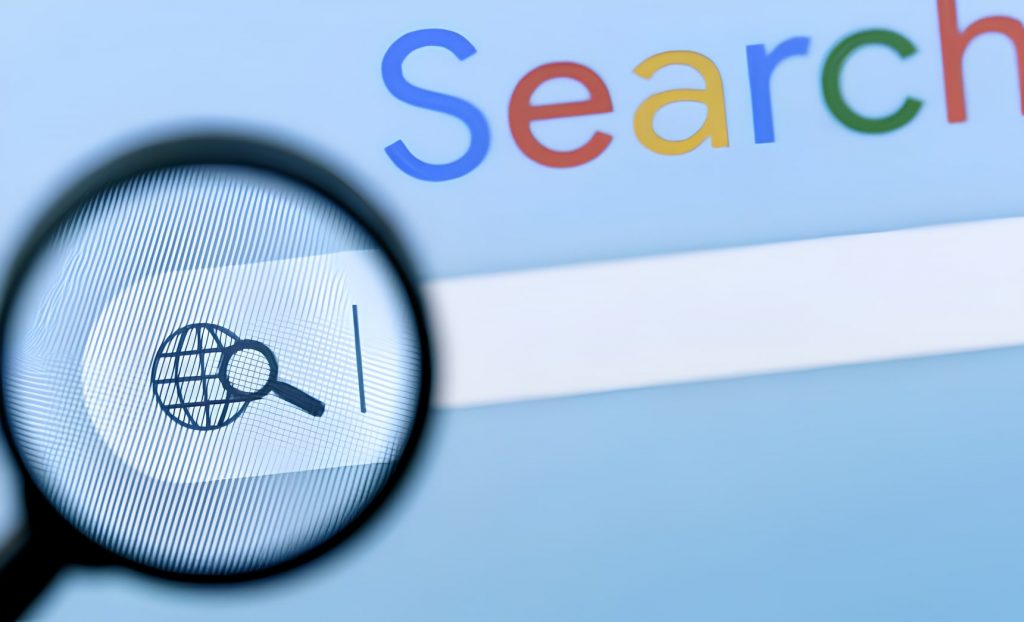Sometimes, I can’t help but think that our reliance on Google is almost as essential as our dependence on sunlight, air, and water. Many aspects of our daily lives seem inseparable from Google’s assistance. Thanks to advancements in search engines, knowledge across all fields is now easily accessible, and even the most awkward questions can find answers. However, given this, can Google truly be considered ‘The World Brain’?

Photo by iStock
The Basis of Algorithms
In 2019, The Wall Street Journal1 reported that Google’s algorithm unfairly favored certain large companies, with some even paying for positive reviews. This article compared Google’s search results to those of Bing and DuckDuckGo multiple times, revealing that Google made 3,200 algorithm changes in 2018, compared to 2,400 in 2017 and 500 in 2010, indicating an increasing frequency of adjustments. The investigation suggested that these changes might allow large companies like eBay, Amazon, and Facebook to gain more visibility on the website. Furthermore, despite Google’s previous claims of not having a ‘blacklist,’ the investigation showed that such a mechanism exists, preventing certain websites or results from appearing. Employees can also modify search results for specific topics.
Privacy Intervention
In fact, Google often influences our judgment through our behavior patterns. Although Google provides knowledge to people for free, it is ultimately a commercial company focused on developing advertising space and selling it to advertisers without interrupting user experience. This means users may unconsciously encounter advertisements while searching. I believe Google sometimes crosses boundaries and infringes on people’s privacy. For instance, you might notice relevant advertising information appearing in your Gmail shortly after your searches. Additionally, when you look for restaurants or hotels on Google Maps, the first result is often an ad from advertisers rather than the best option based on ratings or customer reviews. This raises the question of whether we are paying too high a price for using Google’s services.
Wiser or Foolish?
Lastly, I want to shift the focus back to people. When we increasingly rely on Google’s answers and tools for decision-making in our daily lives, we may experience cognitive offloading. Cognitive offloading2 is defined as “the use of physical action to alter the information processing requirements of a task so as to reduce cognitive demand” (Risko & Gilbert, 2016). Over time, it may diminish our ability to think critically and contribute to memory decline.
Conclusion
To be honest, I believe that there is no search engine that can truly be called “The World Brain.” In this post-truth era, technological advancements often force us to confront information that is characterized by strong biases, deliberate manipulation, and baseless claims. These factors make it increasingly difficult for us to approach the truth and constantly challenge our judgment abilities. Therefore, when using Google, it might be beneficial to consult other search engines, compare various perspectives, and employ your rational thinking to verify the authenticity of the information.
Reference
- Kirsten, G., Sam, S., Robert, M., John, W. (2019, November 15). How Google Interferes with Its Search Algorithms and Changes Your Results. The Wall Street Journal. https://www.wsj.com/articles/how-google-interferes-with-its-search-algorithms-and-changes-your-results-11573823753 ↩︎
- Risko, E. F., & Gilbert, S. J. (2016). Cognitive offloading. Trends in cognitive sciences, 20(9), 676-688. 10.1016/j.tics.2016.07.002 ↩︎



Recent Comments